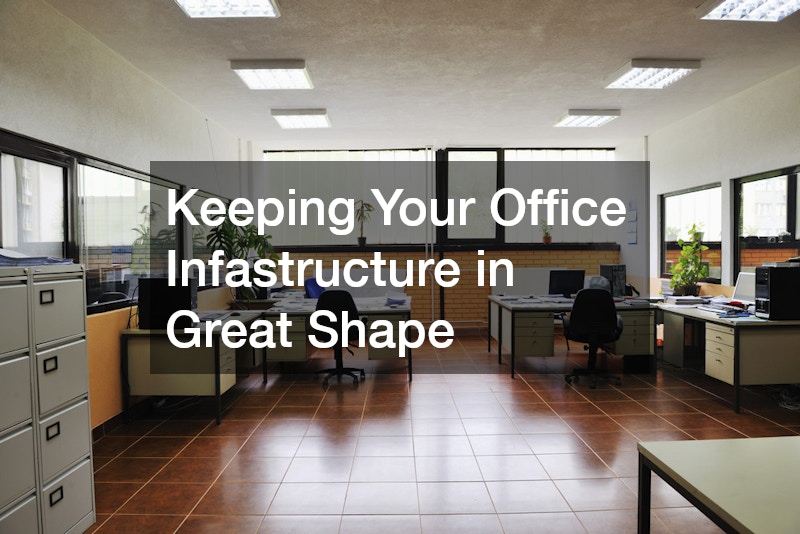
What, exactly, are virtual office rentals? Although the definition will change around depending on the company investing in them, at its most basic, a virtual office is an office that exists thanks to cloud technology and other modern business communication tools. Instead of being at a centralized, typical office, the virtual office is usually in a person’s home, or with them at a local coffee shop.
With this setup comes a few drawbacks. Many businesses still want to have a physical address that mail can be delivered to, clients can be directed to, and the occasional meeting can be held. Sometimes, a secretary is desired. For this reason, many people buy cheap virtual office space that is shared by multiple businesses. Instead of having to pay for conference rooms used once a week, companies can keep costs low and only pay for a small share of the collective cost.
Is this all there is to virtual office setups? Not quite. Here are a few more facts to help you figure out this new option that is bringing new life to the traditional office setup.
Three Industries That are Attracted to Virtual Office Solutions
- The medical industry. Ever heard of tele-medicine? It’s when you don’t come to the doctor — the doctor comes to you. For certain types of appointments, all you need to do is turn on your computer and come to the doctor’s virtual office. Demand for this service is especially strong among individuals who otherwise have trouble reaching far-away specialists.
- Start ups. Overhead costs like rent, utilities, and printer ink can eat into budgets and make it difficult to sustain a fledgling company. Virtual office solutions offer an affordable but still professional alternative for those first few years.
- The tech industry. Every city wants tech companies to relocate because of the value they add to a local economy, and every tech company is looking for the best and brightest employees. To stay competitive as an employer, it helps to offer work-from-home options, especially for parents.
Are Employees Productive at Home?
The Harvard Business Review recently documented a study conducted by Nicholas Bloom on behalf of a travel website, Ctrip. He was interested in finding out whether employees were more or less productive when they telecommuted. For nine months, half the employees in the survey were allowed to telecommute; the others stayed in the office. The results? Not only were the at-home workers more productive, completing 13.5% more calls than the in-office group, but they were also happier and less likely to quit. The company estimates that having the employees work at home saved them $1,900 per employee during the period of the experiment.
What are the benefits of virtual office solutions, in your opinion? Let us know in the comments. More on this topic: statofficesolutions.com





